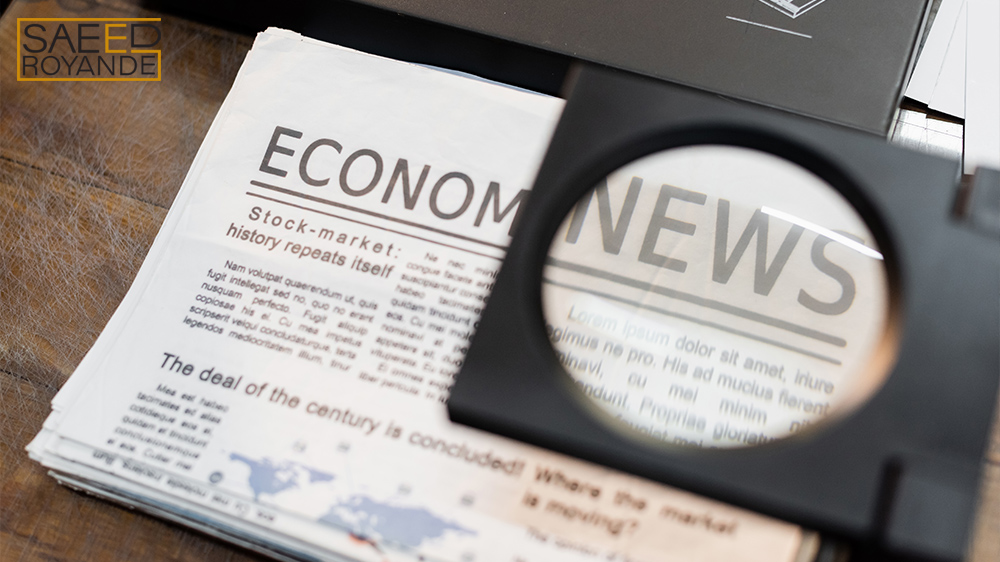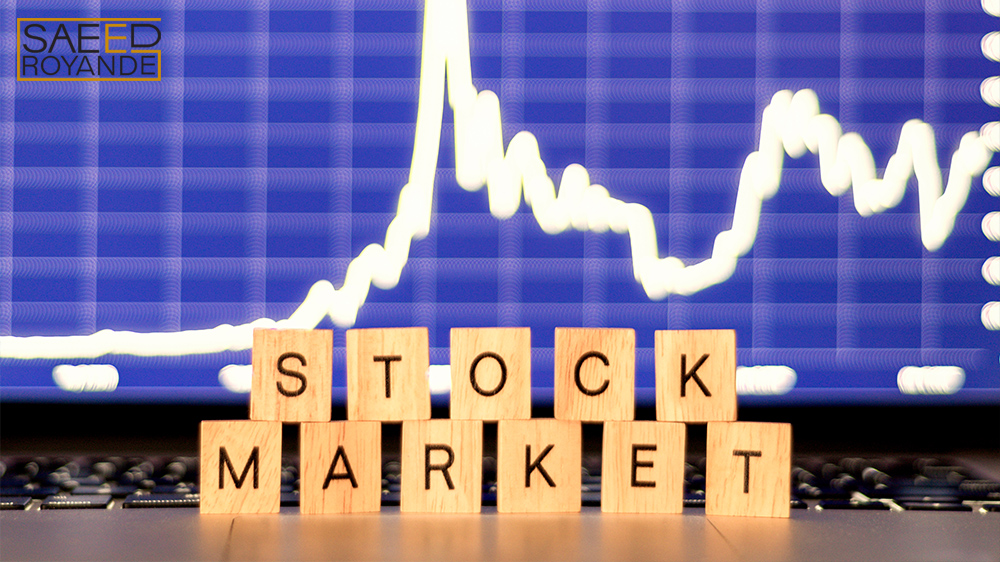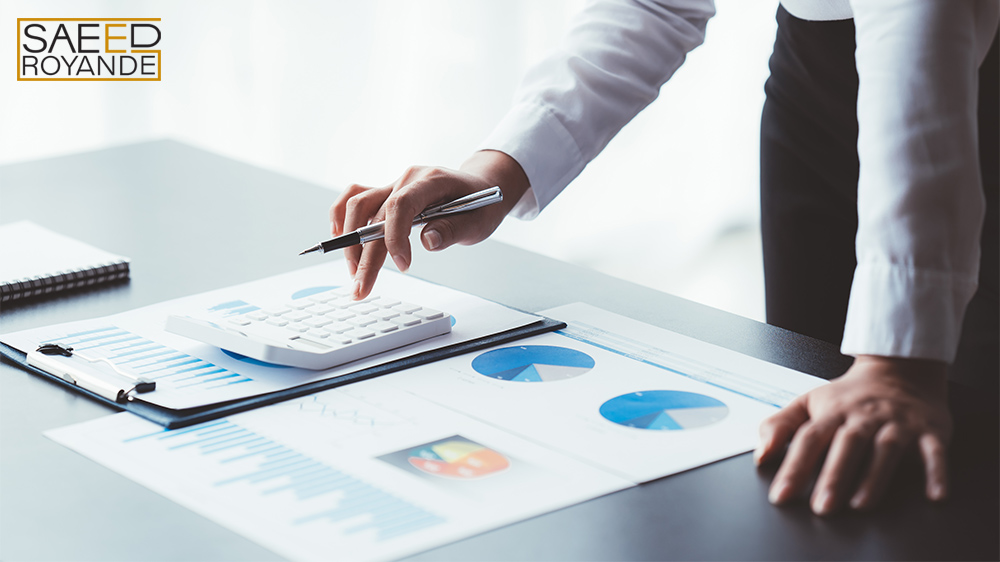The economy is not something that happens by itself. It was made by humans and influenced by power dynamics, social norms, and cultural norms. The question is, how do these factors influence economic actions and results? And what are the societal ramifications of this? These are the sorts of topics that economic sociology and political economy try to address.
The Definition of Political Economy
The study of the interplay between government, economics, and society is known as political economy. It looks at how economic considerations affect political behavior and organization, as well as how political institutions, decisions, and ideologies affect economic systems, policies, and outcomes. The study of political economics can also shed light on the past, present, and future of a country or group of countries.
Example of Political Economy
Understanding political economy requires knowledge from many other disciplines, including economics, politics, and sociology. The study of political economy can provide light on these and other issues:
- How the government and the market fund and operate public roads, hospitals, and libraries.
- How trade policy affects economic inequality and social welfare.
- How monetary policy affects inflation, interest rates, and currency exchange rates.
- How government agencies and international institutions control financial markets.
- How global trade, climate change, and social movements affect food security.

Magnifying glass over newspapers with economic news
The Relation Between Political Economy and Sociology
While both political economics and sociology are concerned with human society, they approach the topic from distinctive angles. The study of political economy focuses on how economic considerations affect political behavior and organization and how political institutions, decisions, and ideologies shape economic systems, policies, and outcomes. On the other hand, sociologists look at how economic conduct is influenced by and influences social structures, interactions, and cultures. Sociology also investigates the effects of cultural, religious, and political influences on social inequalities and social upheavals. When applied to the same occurrences, political economy, and sociology can provide complementary insights and interpretations. The global financial crisis of 2008, for instance, can be better understood via the lens of political economy, which can shed light on the role played by factors such as the deregulation of financial markets, the development of neoliberalism, and the collapse of governance. Understanding the crisis’s effects on people’s lives and well-being, the social demonstrations and movements it sparked, and how it posed a challenge to preexisting societal norms and values can be gleaned from the study of sociology.
The Historical Development of Political Economy
Midway through the 18th century, it evolved as its area of study in response to mercantilism, a system of government control over economic activity. It was the early political economists like Adam Smith, David Hume, and François Quesnay who pushed back against mercantilist ideas and championed free trade, personal autonomy, and natural law. Additionally, they conceptualized the division of labor, the market forces of supply and demand, and the “invisible hand”. New theories and methods arose in political economy in the 19th and 20th centuries to account for shifting economic and social conditions. Karl Marx, John Stuart Mill, John Maynard Keynes, Friedrich Hayek, Joseph Schumpeter, institutionalism, Marxism, Keynesianism, neoliberalism, and development economics were all significant philosophers and schools of political economy during this time.
Today’s study of political economy is a thriving and multifaceted interdisciplinary topic that incorporates insights from economics, politics, sociology, history, and philosophy. Globalization, inequality, democracy, the environment, culture, power, and social movements are only a few of the many themes explored. Numerous policies, governing, and social change applications and implications can be drawn from the study of political economy.

Computer trading investing
The Main Theories and Approaches of Political Economy
The following are examples of major political economy approaches and theories:
- Economic nationalism is a political ideology that advocates for more governmental involvement in the economy to safeguard it from both internal and external threats. Tariffs, subsidies, and more industrialization are all pushed for. Alexander Hamilton, Friedrich List, and Otto von Bismarck are all instances of economic nationalists.
- Economic liberalism is a school of thought that emphasizes the positive effects of unrestricted market exchanges, unrestricted individual choice, and minimal state interference in economic affairs. Free trade, deregulation, and privatization are among the policies it supports. Adam Smith, David Ricardo, and Milton Friedman are all examples of economic liberals.
- Marxism is a political and economic ideology that condemns capitalism as exploitative, oppressive, and ultimately unsustainable. It promotes a communist or socialist alternative that relies on class struggle and radical upheaval. Marxists include figures such as Marx, Lenin, and Mao Zedong.
- Keynesianism is a political economy that contradicts the classical and neoclassical beliefs in market stability and self-control. It calls on the government to take charge of aggregate demand in times of economic distress. John Maynard Keynes, Paul Samuelson, and John Kenneth Galbraith are all instances of Keynesians. Fourth,
- Neoliberalism is an ideology that emphasizes globalization, financialization, and marketization more heavily than the economic liberalism of the 19th century. Structural adjustment, monetary restraint, and other forms of fiscal austerity are promoted. Margaret Thatcher, Ronald Reagan, and the International Monetary Fund are all neoliberals.
- Institutionalism is another economic theory that emphasizes the power of established organizations to influence consumer habits and business results. It examines the effects of both formally established and unofficial norms and institutions on economic growth and development. Institutionalists include thinkers such as Elinor Ostrom, Dani Rodrik, and Douglass North. Economics of development, or development economics, is the study of the factors that contribute to, and are a result of, a country’s or region’s economic progress. Economic growth and prosperity are examined in terms of their determinants, such as technological innovation, human capital, cultural norms, natural conditions, and institutional frameworks.

Businessman accounting calculating cost economic finance
The Impact of Political Economics on Entrepreneurs
Depending on the setting and the type of entrepreneurship, the influence of political economics on entrepreneurs can be nuanced and nuanced. There are a variety of ways Political economy might influence business owners:
- The extent to which a country or region’s markets are free and competitive.
- The ease with which start-ups can gain access to resources including capital, training, and established networks.
- The extent to which business owners innovate take risks, and respect failure.
- How much public and official respect and admiration for business owners there is for political innovators, whose efforts to solve societal issues through the formation of new ideas, groups, and parties.


